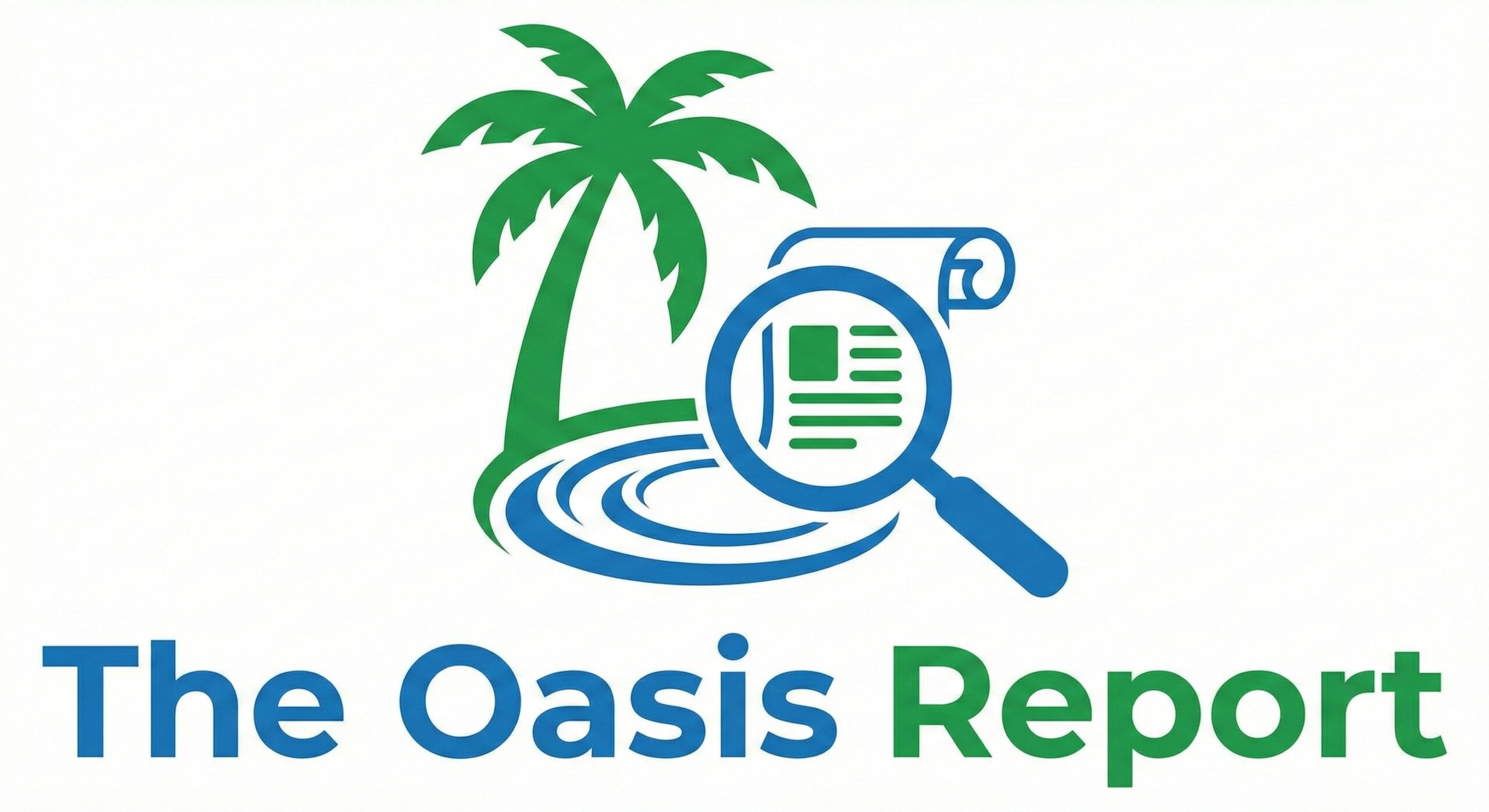US President Donald Trump is preparing to launch a strategic stockpile of critical minerals project with an initial value of $12 billion aimed at protecting US companies from supply chain shocks and reducing dependence on China.
U.S. government officials told Bloomberg that the project is being financed with $10 billion in loans from the U.S. Export-Import Bank, as well as $1.67 billion in private capital.
Participating companies
Officials added that the project would also include rare earth elements such as gallium and cobalt, as well as critical minerals, used to make products such as iPhones, batteries and jet engines.
More than a dozen companies have joined the project so far, and the Export-Import Bank’s board is expected to vote on the 15-year loan later today.
US President Donald Trump is preparing to launch a strategic stockpile of critical minerals project with an initial value of $12 billion, aimed at protecting US companies from supply chain shocks and reducing dependence on China.
U.S. government officials told Bloomberg that the project is being funded by $10 billion in loans from the U.S. Export-Import Bank, as well as $1.67 billion in private capital.
Participating companies
Officials added that the project also includes critical minerals, along with rare earth elements such as gallium and cobalt, which are used to make products such as iPhones, batteries and jet engines.
More than a dozen companies are currently participating in the project, and the Export-Import Bank’s board is expected to vote on the 15-year loan later today.


